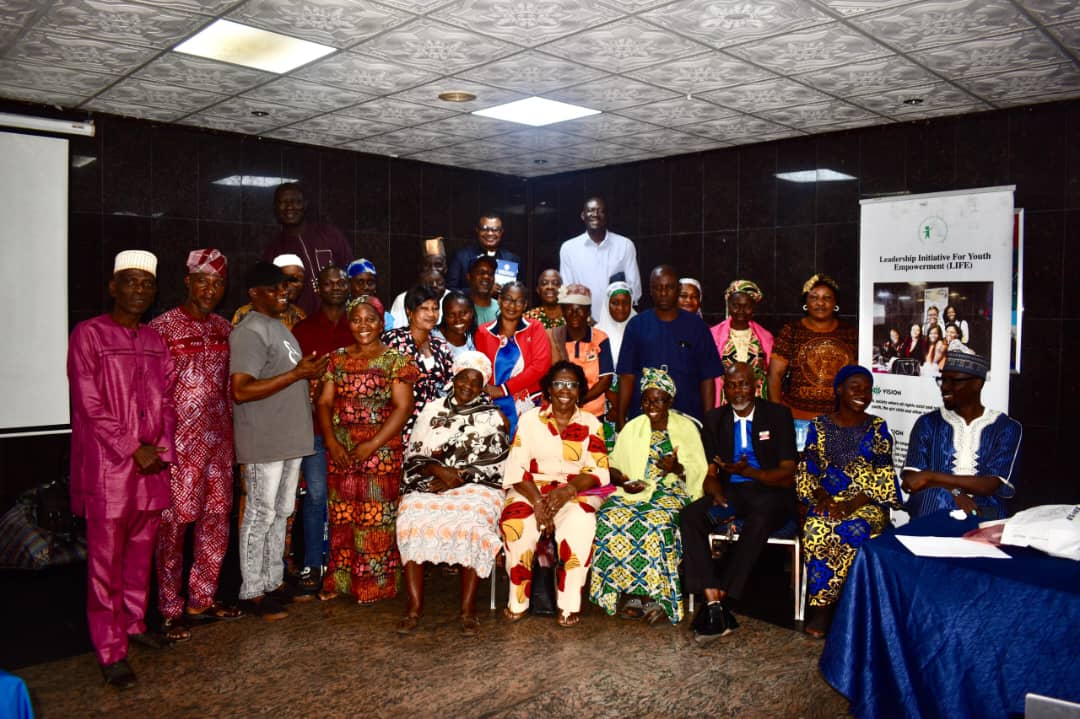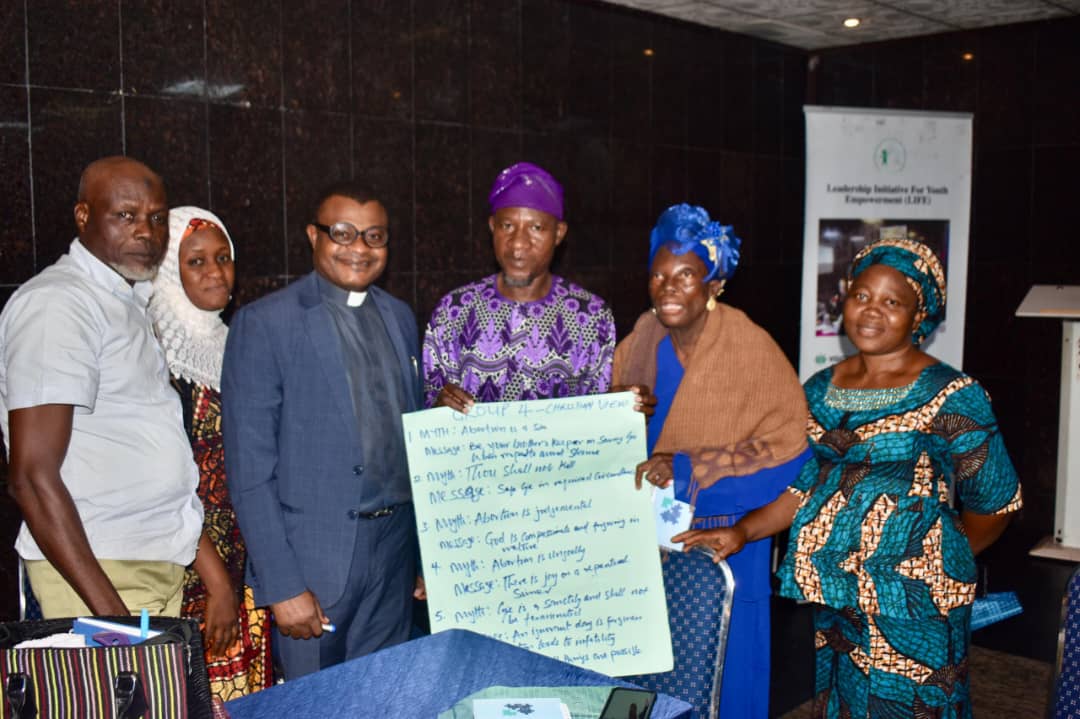LIFE project launch aims to address abortion myths and improve health workers’ attitudes in Lagos State

LIFE project launch aims to address abortion myths and improve health workers’ attitudes in Lagos State
…says the project will champion the fight for truth, dignity and women’s lives.
By Naomi Onome
According to a recent study by the Leadership Initiative for Youth Empowerment (LIFE), women’s health is seriously at risk due to abortion misinformation, since many women face stigma, silence, and dangerous circumstances when attempting to obtain abortion care. According to LIFE, this problem is not just caused by ambiguous legislation but also by intricate institutional, cultural, and religious prejudices that can skew public perception and affect how medical professionals react.
LIFE reveals up to 40% of maternal health issues in Nigeria are caused by botched abortions; poor or rural women are more vulnerable to risky procedures and repercussions. Furthermore, prejudices based on culture and religion also affect how people perceive abortion, fostering a culture of shame and fear that deters women from talking about their experiences or seeking assistance.
However, health professionals, who are meant to be reliable partners in defending women’s health, frequently experience stigma around abortion, which influences their readiness to offer safe abortion or post-abortion care. To protect women’s safety and dignity, it is essential to keep personal beliefs and professional commitments apart.
Following the recent findings, the Leadership Initiative for Youth Empowerment (LIFE) has launched a project to correct abortion myths and improve health workers’ attitudes. The initiative includes workshops, strategic communication campaigns, and capacity-building sessions for frontline providers.
LIFE says combating abortion misinformation in Lagos, Nigeria, is a multifaceted challenge that demands attention in areas such as cultural, religious, and institutional biases affecting women’s health. The consequences of misinformation are dire, contributing to unsafe abortions that account for up to 40% of maternal health problems in Nigeria, with the country recording about 75,000 maternal deaths in 2023 – nearly 29% of global maternal fatalities.
Dr Oluwafemi Sholaja, in relation to the project, emphasised the need for clear, empathetic, and accurate messaging among health workers and across society. A 2023 survey of 200 women in Lagos and Abuja revealed disparities in abortion safety, with 44.7% classified as “most unsafe”. Women living in severe poverty were more likely to face unsafe abortions and complications. Meanwhile, Dr Matthea Roemer stresses viewing abortion safety through an equity lens, emphasising policies for safe, client-centred services, including post-abortion care and mental health support.
Other health workers and community advocates emphasise the need for change within communities, not just policy or healthcare systems. Nigeria’s outdated abortion laws, based on outdated colonial laws, lead to misinformation and fear among health workers. Public health advocates emphasise the need for clear rules and better access to post-abortion care to save lives.
Ultimately, addressing abortion misinformation requires collaboration, empathy, and truth to protect women’s lives and dignity in Lagos and across Nigeria.





